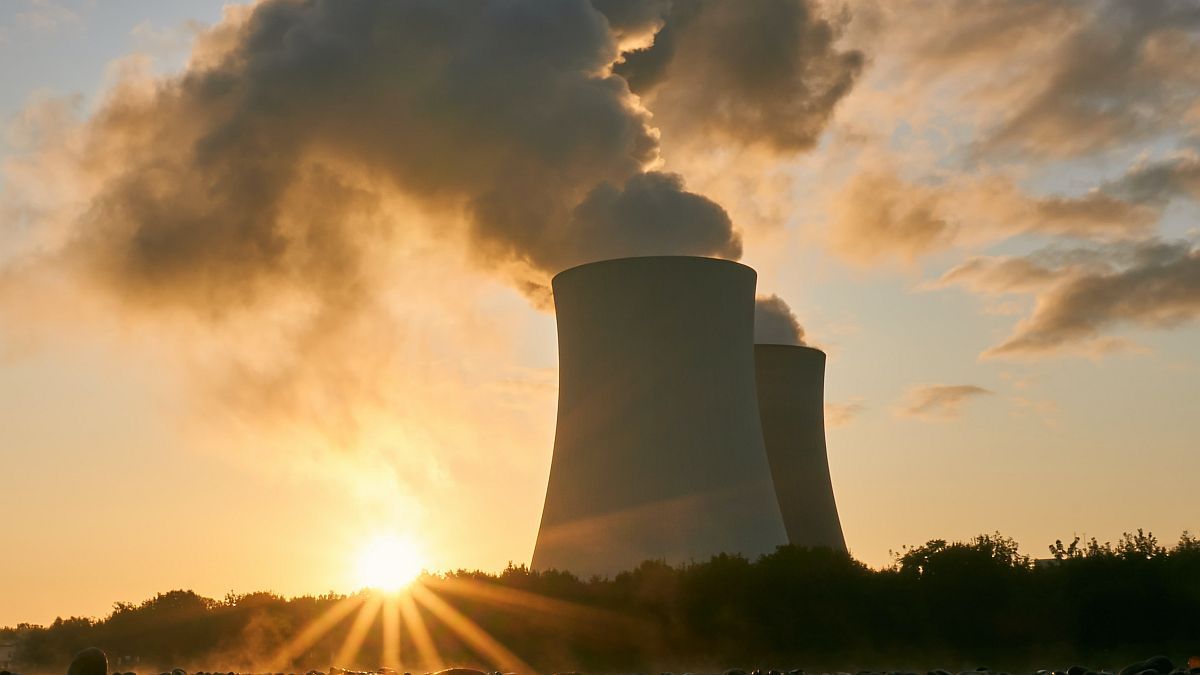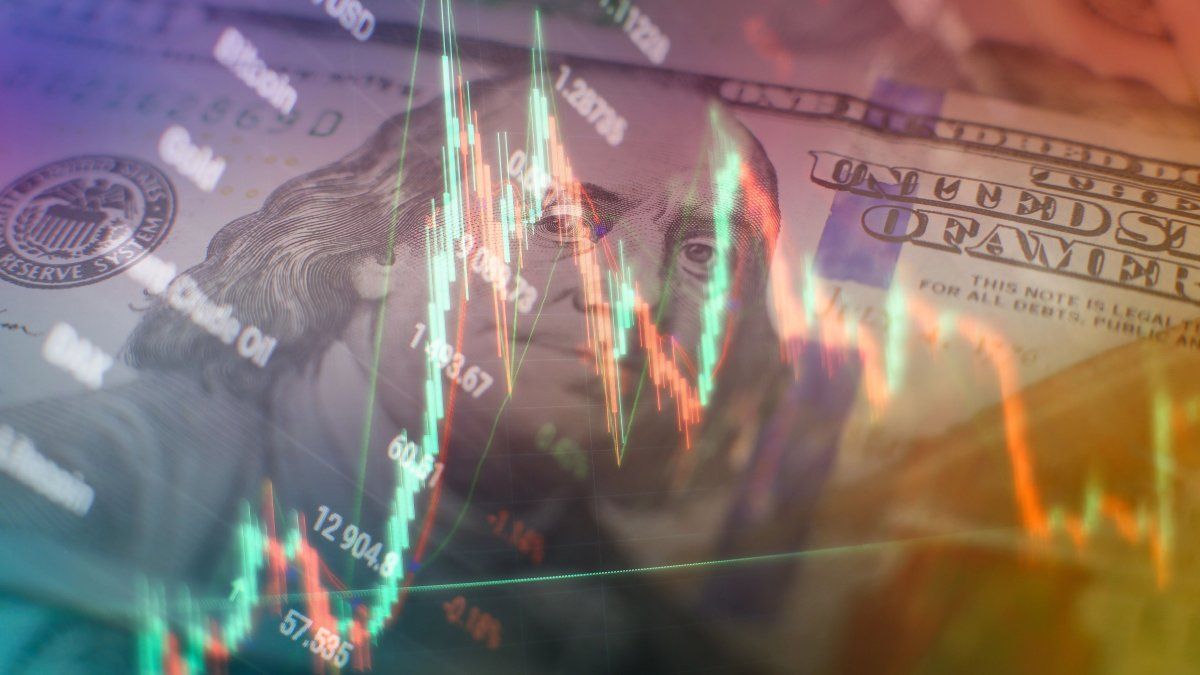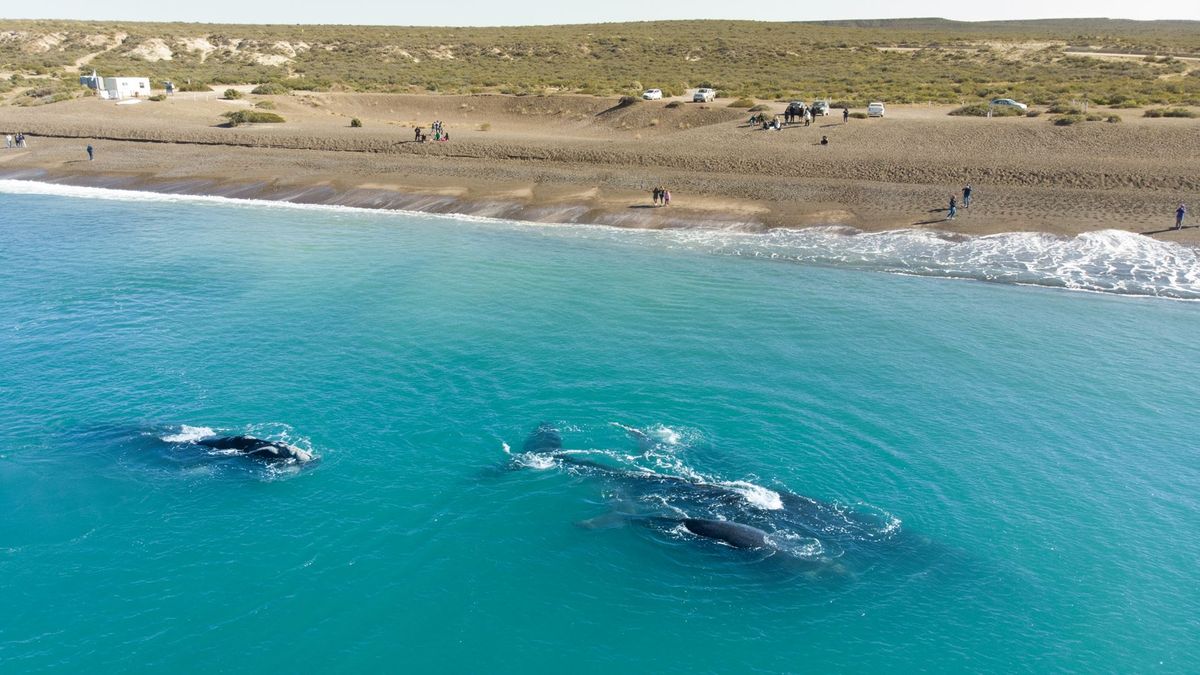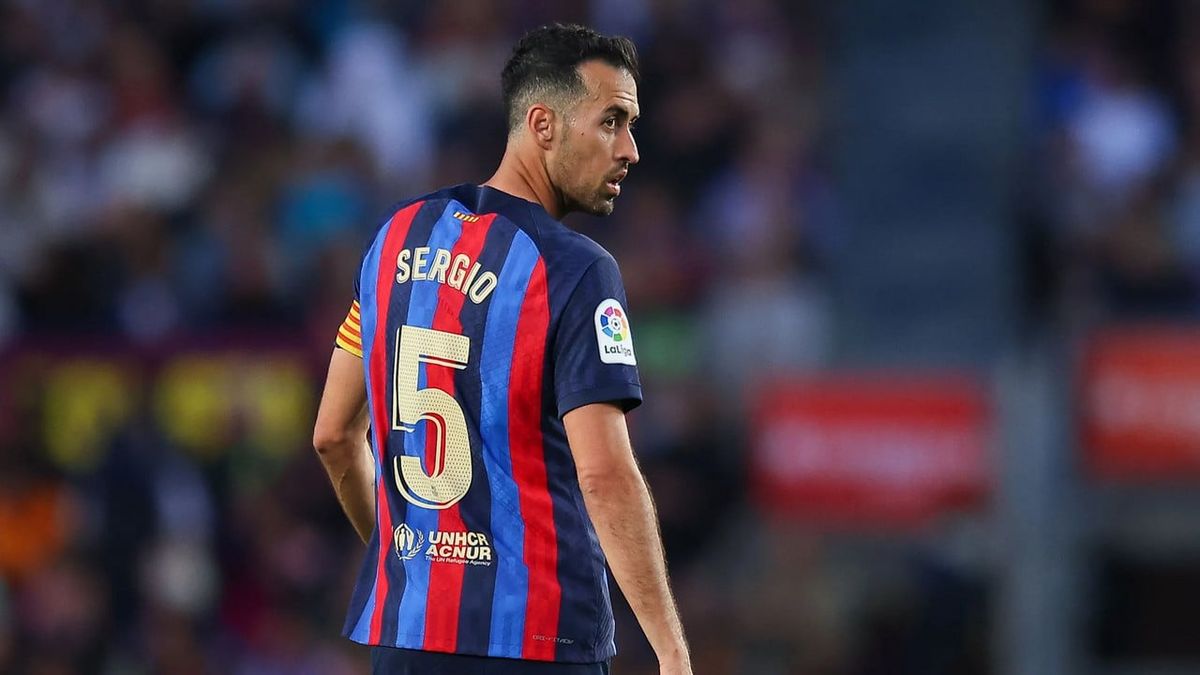The project establishes a series of technical criteria to consider both types of energy, which it classifies as “transitional”, as sources of electricity generation that are low in carbon emissions and for which there is no alternative, neither technologically nor economically viable. .
In the case of gas, the label will be awarded to operating plants that emit less than 100 grams of carbon dioxide per kilowatt hour, a threshold of 270 for new construction, provided that production cannot be covered by sources. renewable sources and that the plant is used to substitute another generation source with a higher level of emissions.
With this classification, a pioneer in the world, the EU intends to direct financial investment towards these projects, vital to decarbonize energy production and meet the goal of reducing emissions to zero by 2050, set in the EU Green Deal.
This proposal seeks to find a compromise in the face of the controversy unleashed this year within the European bloc between the supporters of including nuclear energy in the project, led by France, and the defenders of incorporating gas, with Germany at the forefront.
Although the text gives concessions to both sides in order to facilitate the approval of the new classification, it runs the risk of ruining the credibility of a taxonomy that aspired to become a world reference.
EU countries and a panel of expert advisers will analyze the draft proposal, which could change before it is published in mid-January.
However, once published, the proposal could be vetoed by most EU countries or the European Parliament.
Germany, which together with Austria, Luxembourg and Portugal are leading a crusade against nuclear energy, has already expressed its discontent.
German Economy and Climate Protection Minister Robert Habeck today rejected the EC plan for “diluting the good seal of sustainability,” the DPA news agency reported.
“From our point of view it would not have been necessary to include this classification and we do not consider an approval of the new Commission proposals necessary,” said the minister, from the environmental party and member of the governmental coalition, Los Verdes.
However, in the EU there are countries such as the Czech Republic, Finland and France that obtain around 70% of their energy from fuel and consider that nuclear production is crucial to gradually eliminate dependence on fossil fuels.
A position recently defended by the director general of the International Atomic Energy Agency (IAEA), the Argentine Rafael Grossi, at the COP26 climate conference last November, in which he defended that it is an energy “practically free of gas missions. greenhouse effect “and” high safety performance “.
Asked about the debate within the EU, Grossi pointed out that it is necessary to “qualify things” and considered that the reasons for ending its use are more “of a political nature”.
“The EU commissioned the most important scientific body it has, the Joint Research Center, an analysis of all energy sources and the conclusion was that there is no argument to say that nuclear energy is more harmful than others,” he said.
Source From: Ambito
David William is a talented author who has made a name for himself in the world of writing. He is a professional author who writes on a wide range of topics, from general interest to opinion news. David is currently working as a writer at 24 hours worlds where he brings his unique perspective and in-depth research to his articles, making them both informative and engaging.




